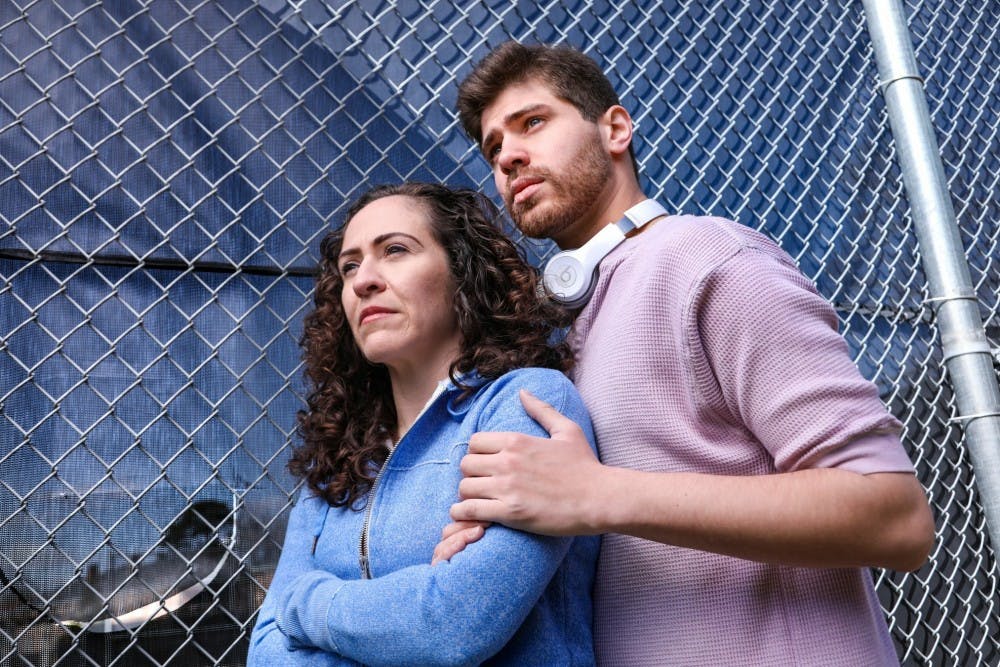After years of workshops, PlayMakers Repertory Company will be performing the world premiere of “Leaving Eden,” a play it commissioned, from Apr. 4 to the 22.
The play takes place in the fictional town of Marah, N.C.
“It’s a play that deals with two time periods, 1933 and 2016, and deals with the parallels between the two that include topics such as racism and prejudice and stereotyping,” said senior Carlos Alcala, who plays Javier in the play.
In the 1933 timeline, the play focuses on the treatment of Black people in Marah, and in 2016 it focuses on the treatment of the Latinx community and undocumented immigrants.
“I felt that the play needed to take on the story of the cyclical nature of humanity,” said Mike Wiley, the playwright “Leaving Eden.” “We continue to make the same mistakes that our forefathers made.”
In the 2016 timeline, Alcala portrays Javier, an undocumented teenage immigrant who has moved to Marah with his mother after his father’s deportation.
“It’s been a process for sure, trying to represent everyone to the best of our abilities — trying to give voices to those that don’t normally have a voice,” he said. “I’ve been given permission and a voice to enlighten those who may not have been aware of the struggles that go on with people that others may assume have ill intent.”
Approaching a story as politically involved as this comes with its obstacles. Vivienne Benesch, the director of the production, said that working on this play has fostered a great deal of openness.
“This was one of the most challenging, inspiring and vulnerable rehearsal processes I’ve ever been through in my 20-plus years of directing,” she said. “It scares me, and I love that.”




